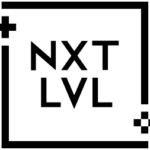During the two-year, level 3, course, learning will cover core knowledge and skills that focus on industry standard production processes, creative and technical skillsets that intend to propel you towards a range of media, broadcast and production occupations; you’ll also spend at least nine weeks on a professional industry placement with an employer.
You will learn a range Creative Media techniques, including:
- Film
- TV studio work
- Radio Broadcast
- Scriptwriting
- Studio Lighting
- Directing & Producing
- Editing
- Photography
- Sound
- Lighting
- Pre-Production, Production and Post-Production.
Teaching staff with industry experience will build the skills you need for The T Level in Media Broadcast and Production which is set out over four content specifications
1. Core Knowledge and skills: The T Level will help students develop understanding in a broad range of core subjects directly related to creative industries including:
-
- The Creative Economy
- The individual in the creative industries
- Cultural Context and Vocabulary
- Audience and Consumer Needs
- Legal and Regulatory Requirements
Each core skill covers fundamental knowledge for working in creative industries and will link to the practical Pre-Production stage of each project.
Students will be assessed on this with an Exam at the end of year 1 and the end of Year 2
2. Employer-set project: The employer-set project ensures students have the opportunity to combine core knowledge and Media skills to develop a piece of work in response to an employer-set brief. Providing students with the opportunity to build professional relationships and work within professional environments early on. Undertaking research, communication and developing ideas. Working collaboratively with others and reflective practice are key to successfully completing your set project.
3. Occupational Specialist Content: Specialist content is structured into different occupational specialisms. The specialism available in the Media, Broadcast and Production T- Level is ‘Content Creation and Production’. Where you will learn production workflows and techniques ranging from Photography, Film, TV and Broadcast, alongside post-production editing and output.
4. Industry Placement: Every T- Level includes an industry placement with an employer focused on developing the Practical Media and Technical Skills required for the occupation. The work placement can include 9 weeks placement or a combination of Placement and Live projects working with Clients.


















